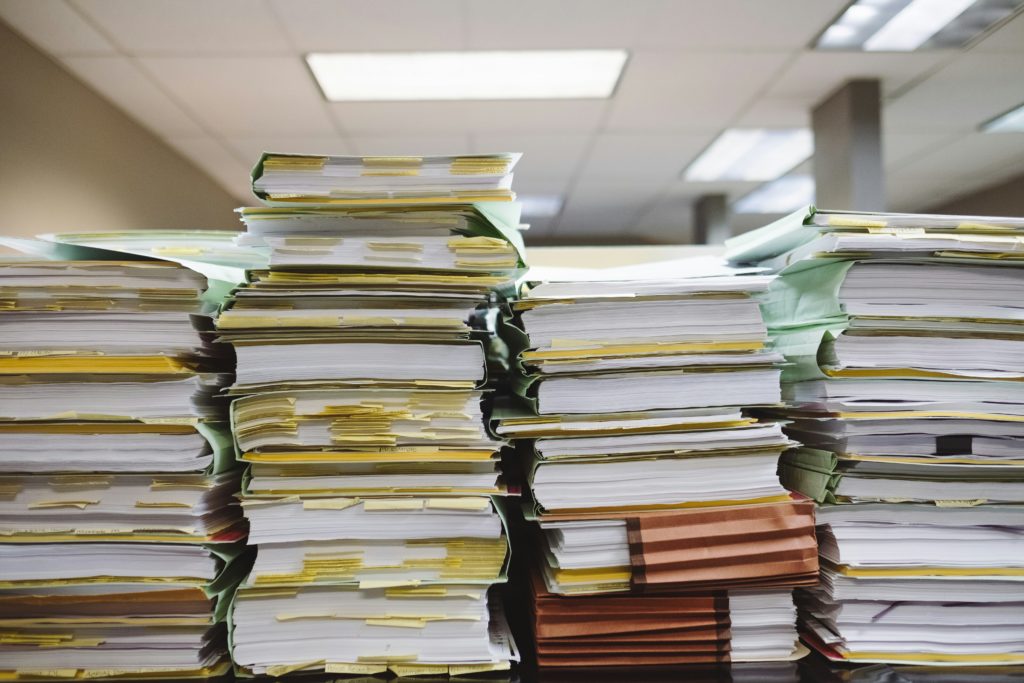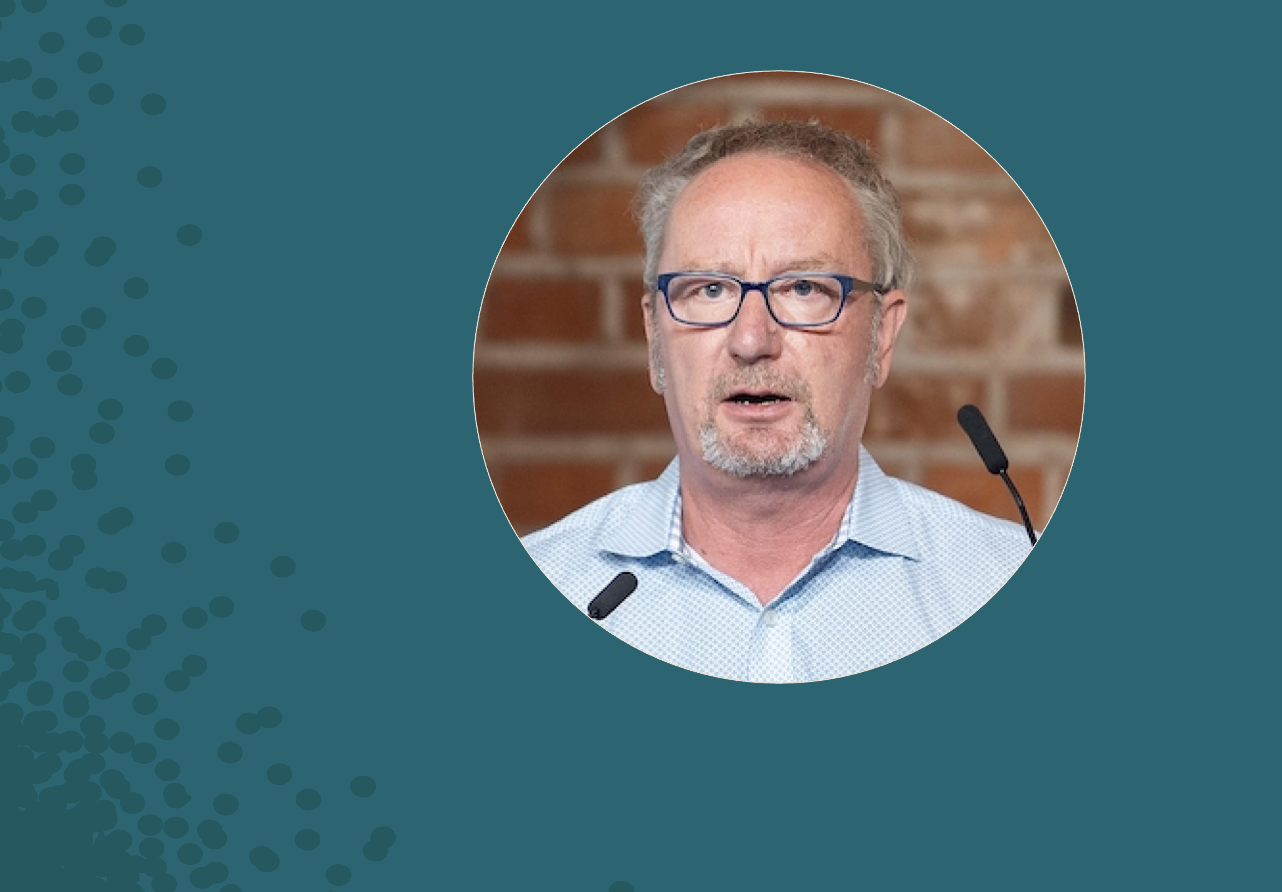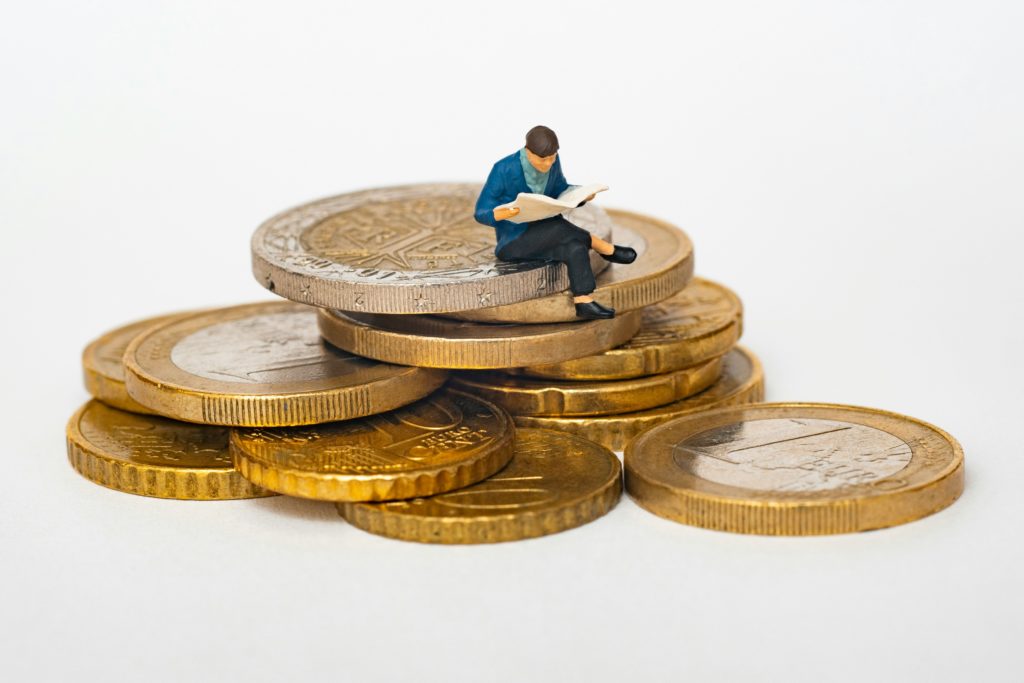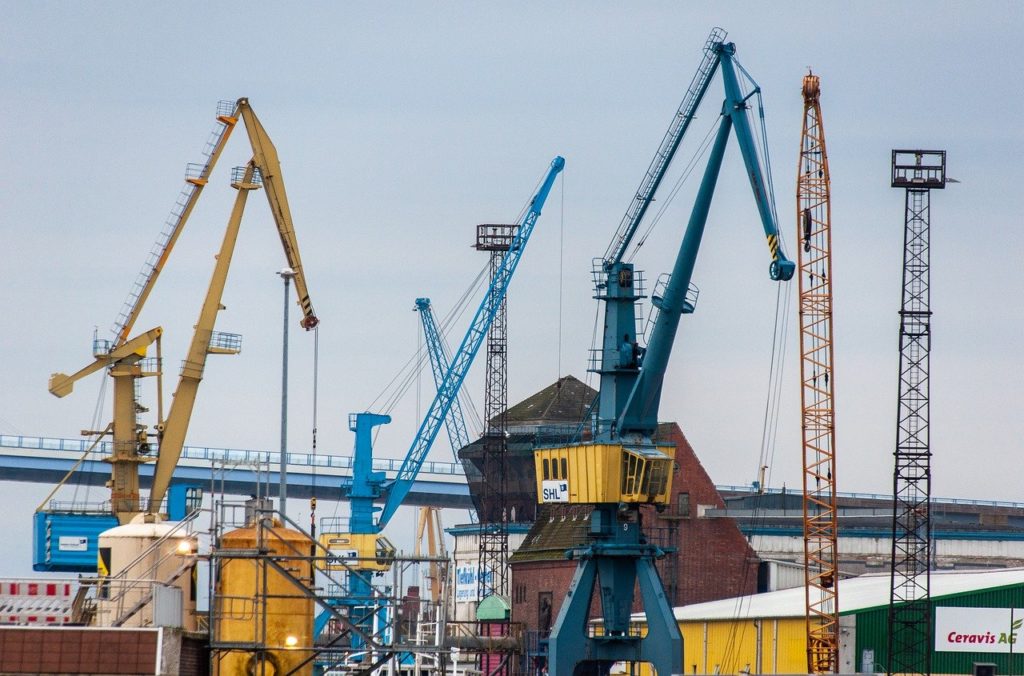FINANCIAL WORLD EUROPE







Redefining
REDEFINING







Redefining
the role of
the state
REDEFINING
THE ROLE OF
THE STATE
For decades, there was a consensus that reducing the role of the state and cutting public debt would generate wealth. This contributed to a chronic underinvestment in education and public infrastructure. New research focuses on establishing when and how governments need to intervene to better contribute to long-term prosperity and to stabilize rather than aggravate economic fluctuations.
LATEST NEWS

NEW ECONOMY SHORT CUT
28 October 2025
Cutting Red Tape – But How? New Economy Short Cut with Patrick Bernau, Georg Diez and Johanna Sieben
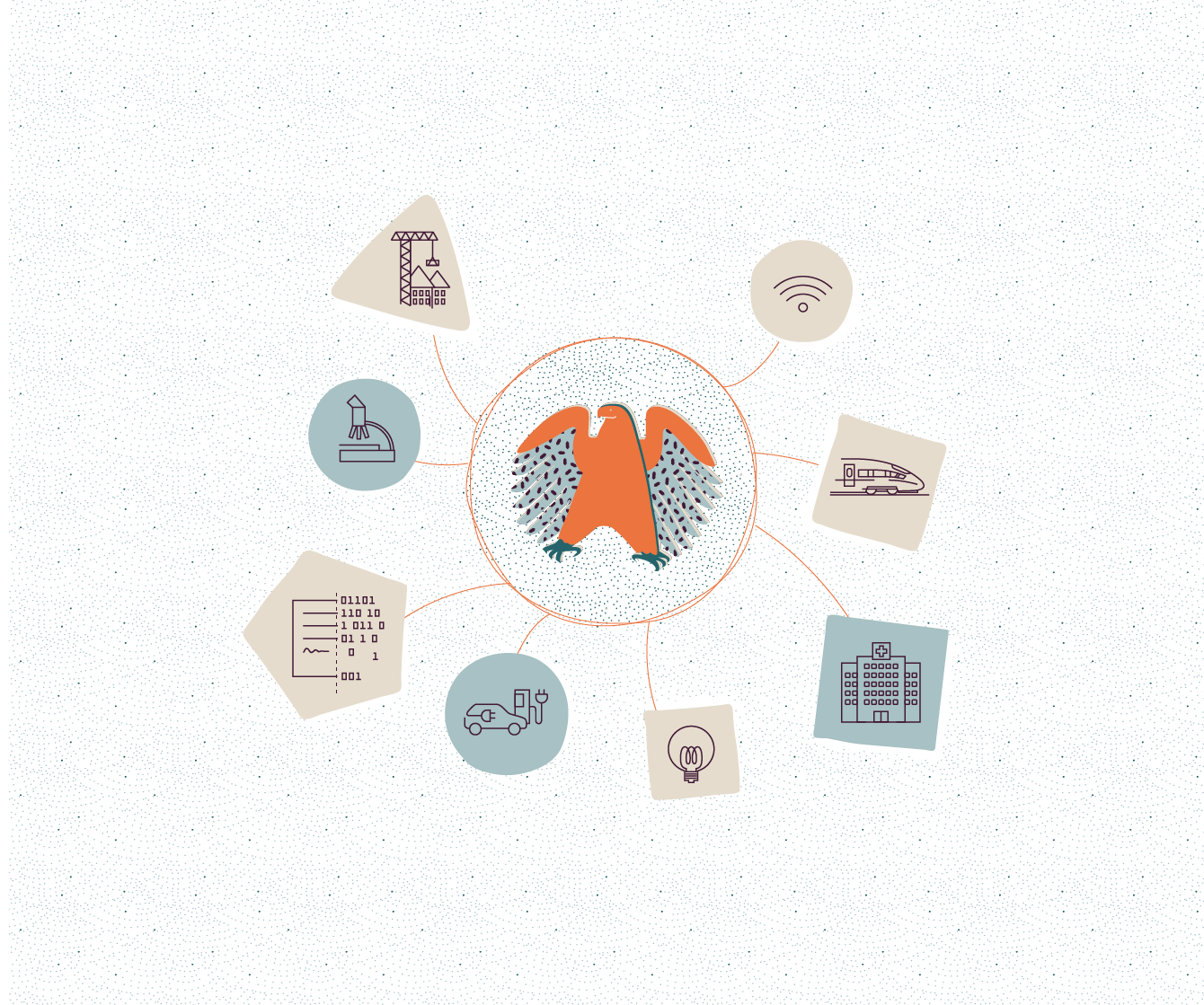
KNOWLEDGE BASE
REDEFINING
THE ROLE OF
THE STATE
The Challenge
Decaying infrastructure and a lack of investment in education and innovation expose the weaknesses of an overly market-driven paradigm.
What went wrong
Reducing the role of the state in the economy was seen as the best way to ensure high levels of growth.
New Economy in Progress
The challenges of our time require us to rethink the role of the state and the need for a more active fiscal policy.
5 POSSIBLE WAYS THAT ARE DISCUSSED TO REDEFINE THE ROLE OF THE STATE
THE STEEP DECLINE IN NET PUBLIC INVESTMENT
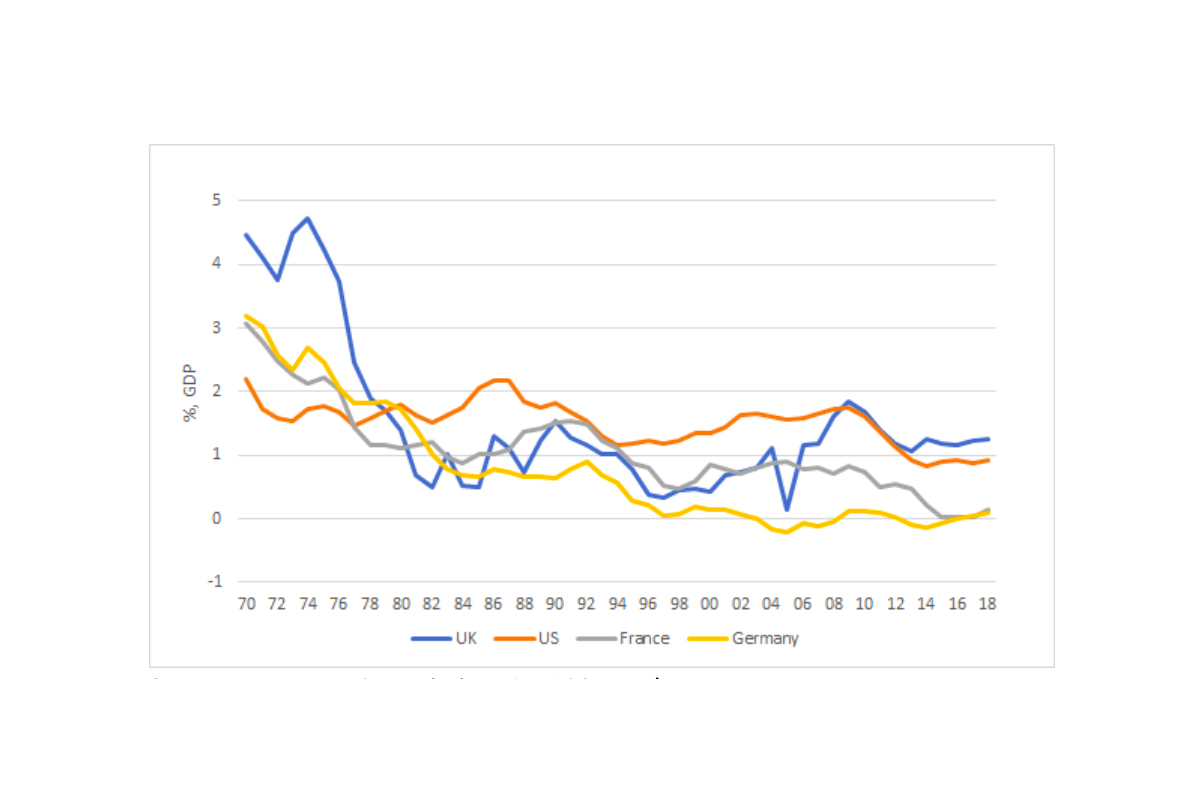

NEW ECONOMY SHORT CUT
28 October 2025
Cutting Red Tape – But How? New Economy Short Cut with Patrick Bernau, Georg Diez and Johanna Sieben

NEW ECONOMY SHORT CUT
17 March 2025
Debt for Germany – What good is the black-red-green financial package?

NEW ECONOMY SHORT CUT
7 October 2024


